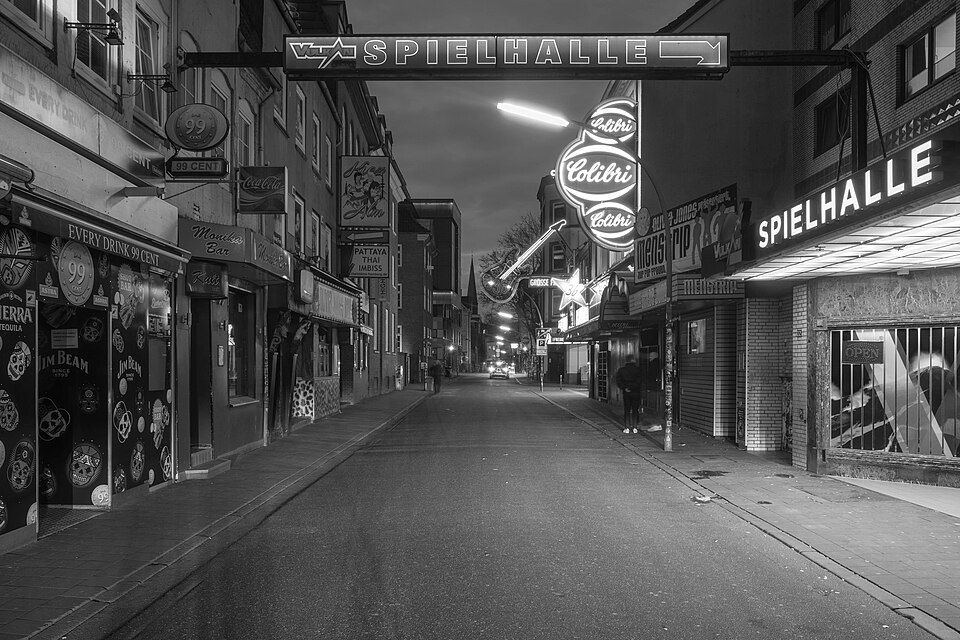
Music and sound after Covid-19. New creativities, new technologies, new soundscapes in a period of crisis

Five years have passed since Covid-19 plagued the world, dramatically changing – at least for some time – interactions and behaviors across various geographical and social contexts and establishing new relationships with the environment.
This Seminar, organized by the Intercultural Institute for Comparative Music Studies in collaboration with the Institute of Music as part of the thematic itinerary Democracy and Pandemics, promoted by Fondazione Giorgio Cini, aims to discuss the medium-term consequences that the pandemic had on the manifold sonic aspects of life, as sound is a fundamental means through which humans exist in, and understand the world.
Confinement led to new ways of communicating and being heard through sound, creating new relationships within both physical and virtual spaces. It also promoted the development of technologies to mitigate the effects of distancing, fostering the spread of unprecedented social practices. Some of these solutions were quickly abandoned once confinement ended and faded from people’s memory, while others became permanent in social life and have continued to evolve to this day. T he pandemic also fostered various forms of sonic agency to face and cope with the medical and social crisis. One may reflect on the new musical creativities that emerged during that time, for instance, as means of addressing the pandemic on emotional, aesthetic, and organizational levels. In this respect, some responses to Covid-19 were global, creating worldwide networks, while others remained locally specific. One should also consider how these creative strategies related to the development of new technologies, starting with the online platforms that saw significant growth in 2020 and have continued to evolve ever since. Moreover, one may reflect on the legacy of the new soundscapes that emerged during the time of Covid-19, from environmental consequences to music from balconies and new ways of organizing social and musical gatherings.
Another matter of concern is the historical perspective: how musically specific were the emotional and social reactions elicited by the Covid-19 pandemic compared to similar events in the recent and distant past? What can be learned from a comparative approach? Scholars of musicology and ethnomusicology, performers and artistic directors are gathered to reflect – through an interdisciplinary dialogue – on the consequences of this crucial event and evaluate the impact and influence that the Covid-19 pandemic had on human life through the pervasive presence of sound.
program
Institutional greetings and introductory remarks
Gianmario Borio Director,
Institute of Music, Fondazione Giorgio Cini
Giovanni Giuriati Director,
Intercultural Institute for Comparative Music Studies, Fondazione Giorgio Cini
Institutional greetings and introductory remarks
Giulia Sarno and Daniele Palma
Tracing the medium-term impact of COVID on musical practices, participation, and research methods. A collaborative investigation
Melanie Wald-Fuhrmann
Balcony singing, courtyard concerts and splitscreen performances. Which COVID forms of musicking are here to stay?
Cecilia Balestra
Creativity, live music programming, and target audiences. Ongoing changes and strategies, from a national and international perspective
Lunch break and visit to the exhibition ‘Venezia e le epidemie’
Marie Louise Herzfeld-Schild
Sounding sickscapes: pandemic musicking across time
Daniel Margolies
Communitarianism, intimacy, and wellbeing in Latin American musical responses to the COVID and after
Roberto Prosseda
The transformation of the ‘live performance’ concept following online experiences during COVID.
New paradigms in classical music engagement and pedagogy in the post-pandemic era
Ilaria Meloni
“Hypervisible” voices: digital media, gender, and power in post-pandemic Javanese Shadow Puppet Theatre
Final Discussion
